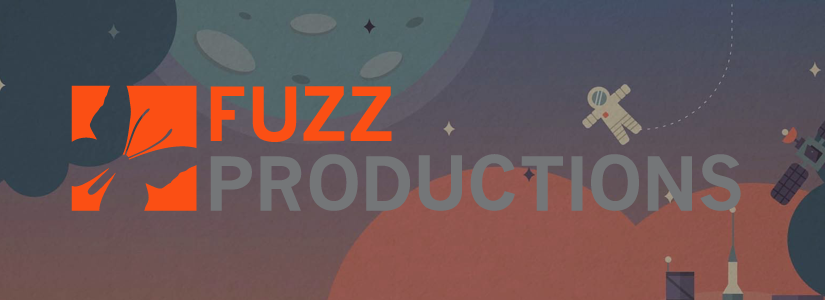Postman – the mode of communication between mobile and backend developers
Fuzz Productions (now Monstarlab) is a mobile-first digital agency based out of New York that creates products for some of the most iconic companies. Boasting a clientele such as Forever21, Songza, The New York Post, Metropolitan Museum of Art, they’ve created a brand to be reckoned.
All of Fuzz’s 76+ employees focus on mobile development. Because of that the developers are divided into two teams – native and backend. The native engineers work on iOS and Android apps and the backend engineers create the web services supporting these apps. Fuzz prides itself on fast development and commitment to timelines of their customers. Normally in app development web services set up and native work are staggered. But to move fast when a project is accepted at Fuzz, native and backend development starts simultaneously.
The price of speed was the disconnect between the backend and native app developers. The backend engineers would build out web services that did not match the native developers’ needs. Then to fix the problem, changes would be made quickly but communicating out said changes was manual and hence error prone. Someone or the other would be left out of sync. They tried to build out their own API management system to solve this problem but it fell into disrepair.
Another problem Fuzz was facing was inconsistency in their API documentation. Every developer had his or her own ways of writing out docs. Some people used wikis, some had repos. There was no clear winner as a documentation solution so it was rampant chaos. When streamlining became imminent, they decided to look at all the options out there. They discovered that almost every team member already used Postman in one capacity or another and it could also keep their documentation synced across the team.
Using Postman Cloud has given Fuzz real-time communication about their web services. Having an auto-updating library of API collections creates an API source of truth for the team. It helps developers communicate better with each other. Not only does everyone always has an updated copy of the endpoints but also all changes are pushed out in real time. The Fuzz developers appreciate Postman’s GUI where they do not need to write JSON every time there is a change to the API.
In the words of the John Vaghi, Director of Web development,
“Postman has significantly alleviated the burden of keeping multiple technology teams up to date and in-sync with the progress of our APIs.”
While the developers are loving Postman, an unexpected benefit has been the impact on the QA team. The product has empowered the QA team to be more self-sufficient. Previously they had to check with the dev team for the root cause of a bug every time they found something. Now, they can test endpoints in Postman and detect if it is a web services issue or a problem in the native app without conferring with anyone.
Using Postman has centralized Fuzz’s APIs and helped multiple teams. It helps maintain project timelines and the quality of the end product. But most importantly, it saves developer time.
“All in all,” says Vaghi, “Postman saves over 7000 precious developer hours every year.”

What do you think about this topic? Tell us in a comment below.